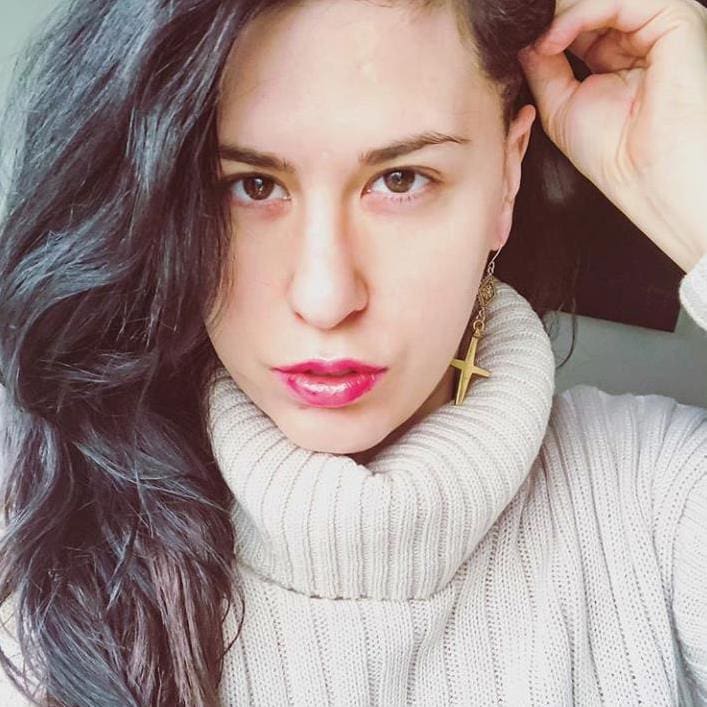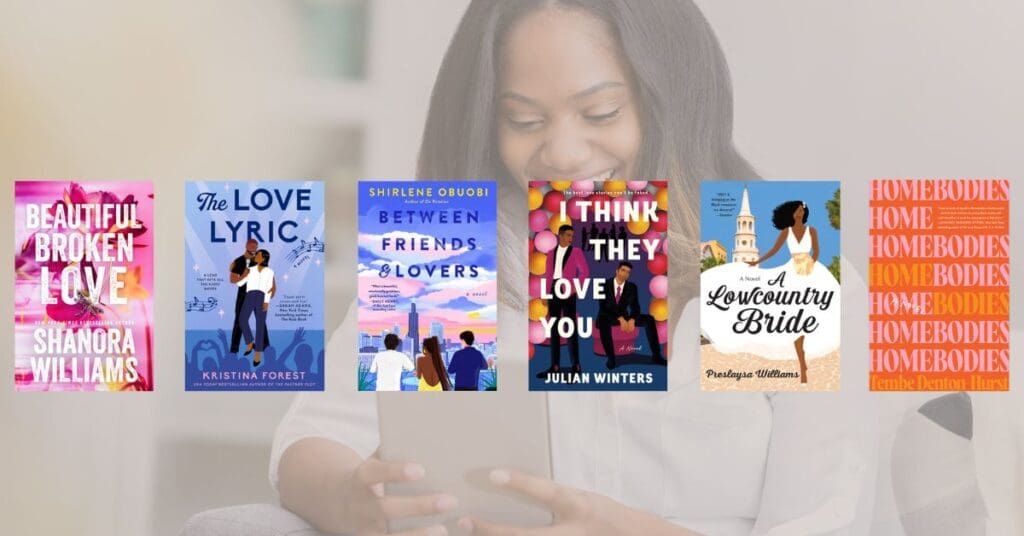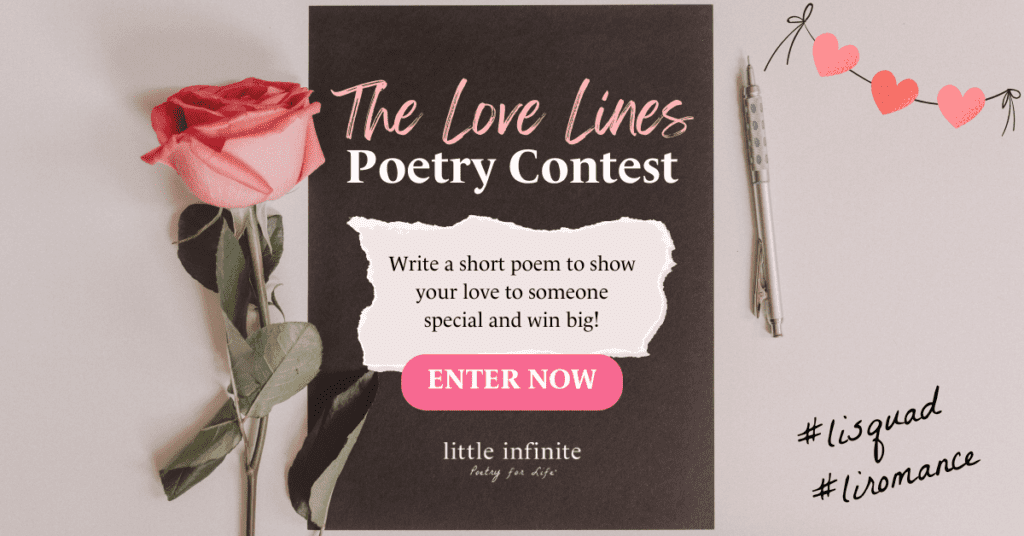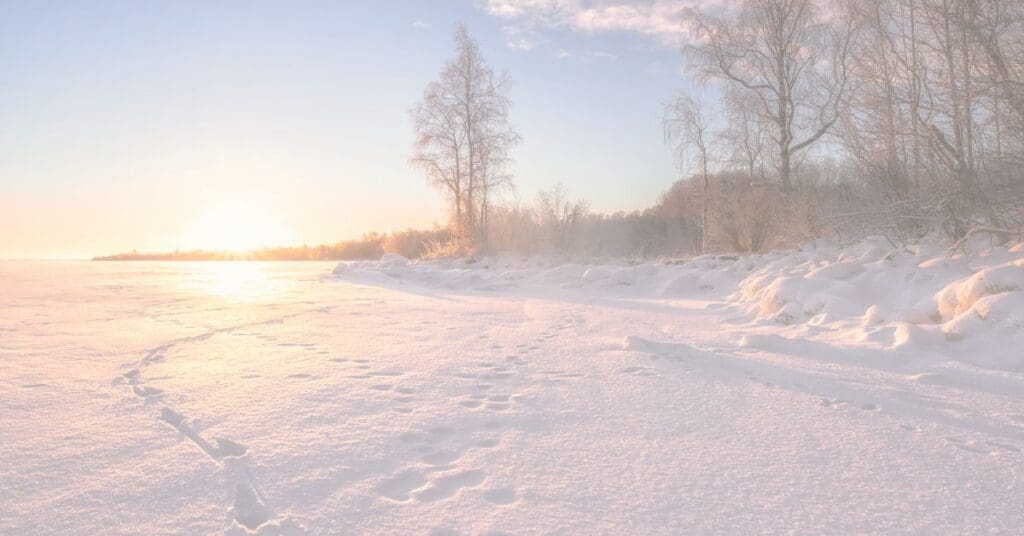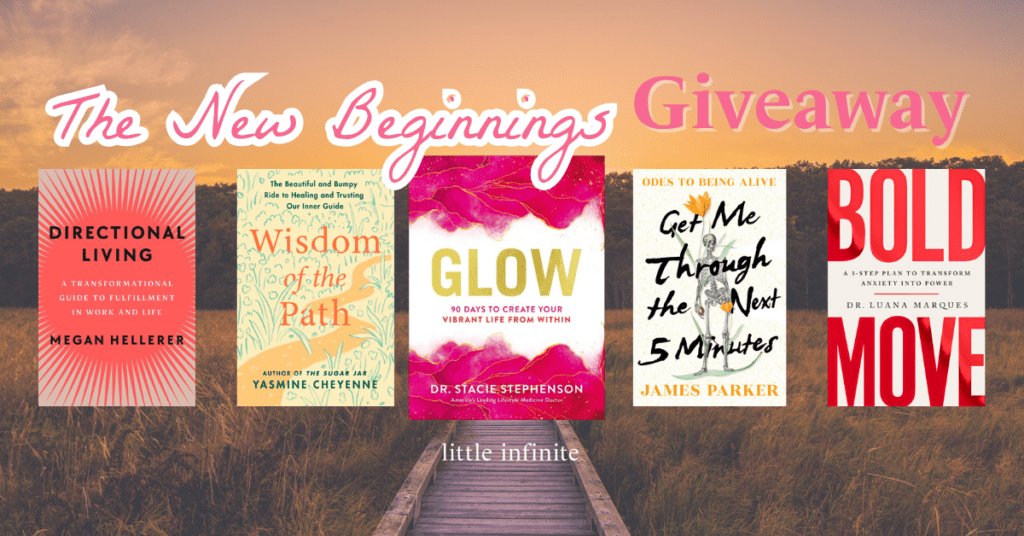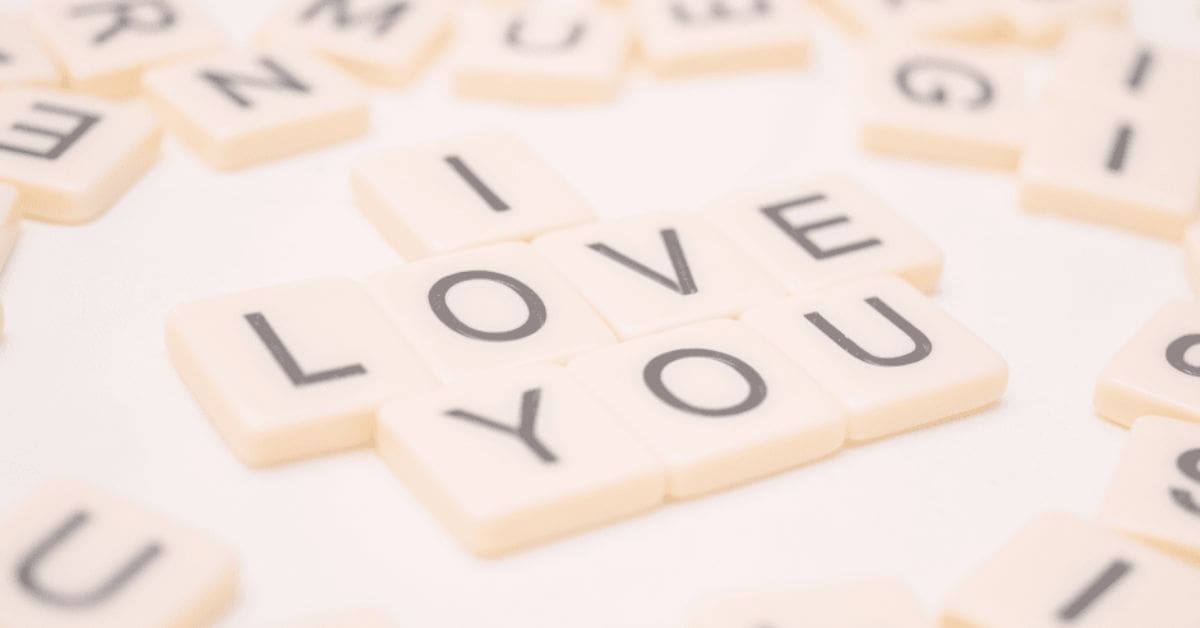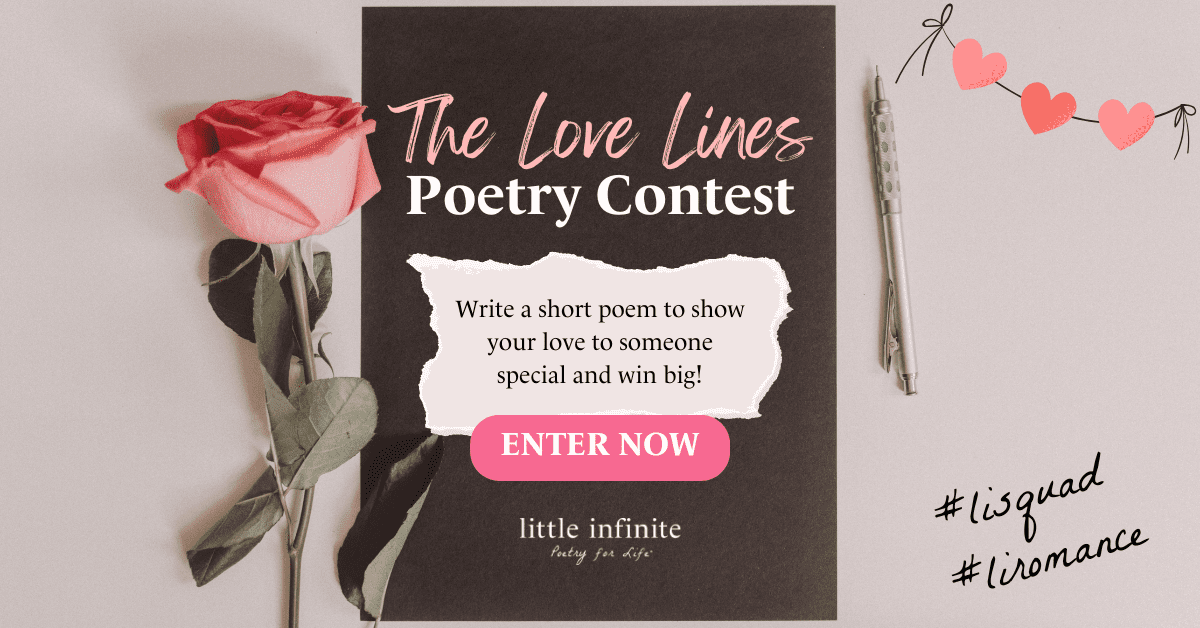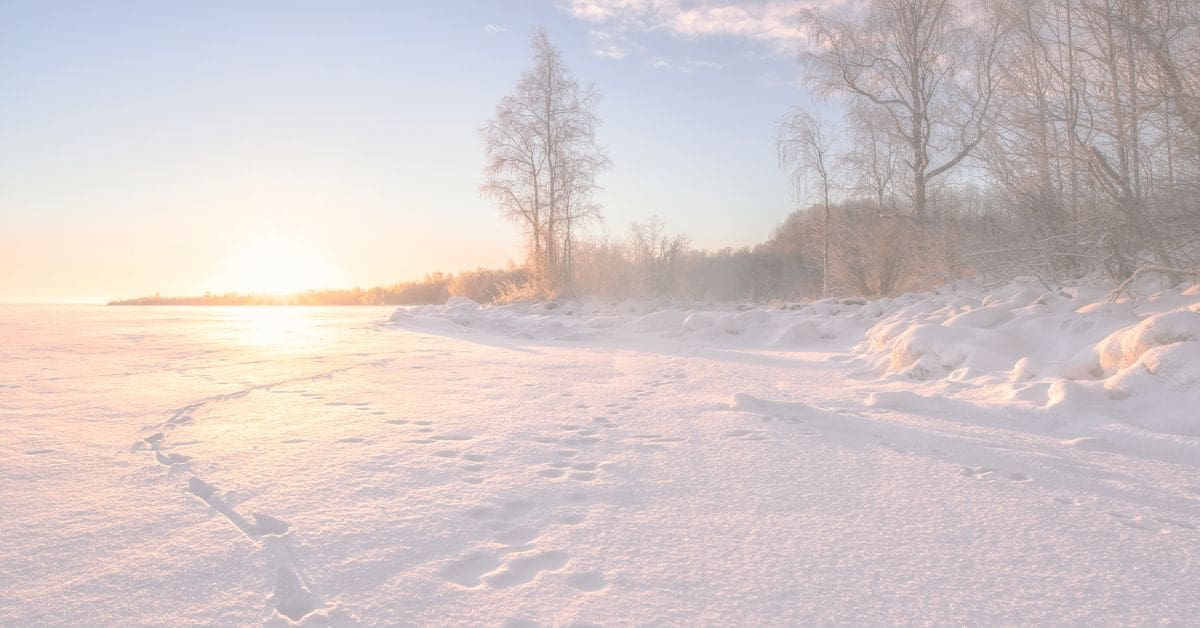Lisa Marie Basile shares her journey as a modern American poet.
My name is Lisa Marie Basile, and I’m an editor for little infinite. I’m also a poet, editor, and writer living in New York. I’ve published several chapbooks and books of poetry — Andalucia, Apocryphal, Warlock, Nympholepsy (which is brand new and I’m proud to say will be included Best American Experimental Writing 2020) and one book about magical living, trauma resilience, and self-care: Light Magic for Dark Times. Of course, because I’m a poet first, even that last book has sections devoted to writing, poetry, and journaling.
Poetry for Life
I have been writing poetry for as long as I can remember. When I was little, my dying grandfather bought me a calligraphy set, which was a sort of beautiful parting gift; I fell in love with the way the words looked on the page, with the intentionality of writing the letters, with the power I felt when I created words with my words.
“I fell in love with the way the words looked on the page, with the intentionality of writing the letters, with the power I felt when I created words with my words. “
Poetry would become my only outlet as I grew into my teenage years, too. We dealt with heavy addiction issues and poverty in my family, and later I would end up in foster care. Through it all, I had poetry. It was my magic, my comfort, my outlet, my hope.
Academic and Personal Poetic Pursuits
I started by reading some of the classics — you know, what they taught in school. I didn’t connect with a lot of it, but I enjoyed it more than any other academic subject — by a long shot.
By the time I got to college, I had fallen into a heady relationship with writing. I wrote short stories, vignettes, newspaper articles. I surrounded myself with other students of writing, and I took myself to literary readings and open mic nights. What I most deeply connected with was that everyone who came to writing had a similar impetus: they wanted to write their own narrative, timestamp their own truth, create their way out of the dark.
Around 2008, a friend gave me a copy of a book, Loose Women, by the poet Sandra Cisneros. I found myself falling in love with her raw, feminine, powerful language. I wasn’t connecting with a lot of the texts from my poetry class syllabus: it was mostly Beat poets or old English white guy poets. I rarely saw other voices, and even though I didn’t really know how to articulate this, I felt a massive absence of inclusivity.
But I devoured poetry on my own, like Sylvia Plath and Anne Carson and Gwendolyn Brooks and so much more. I also found that I liked a lot of poetic writing, writing that teetered on poetry but stayed in the lane of fiction or nonfiction — like Anaïs Nin’s journals or Marguerite Duras’ works.
Publishing My Poetry
And then one day in 2008 I submitted my very first poem to an online literary journal (the poem was inspired by Lorca, another poet I loved). A professor mentioned that there were a lot of online literary journals looking for new voices; all I’d need to do was send in a document of poems by email and hope for the best. So, I did. Sending that email felt like casting a spell. I also entered writing contests (won some, didn’t win plenty more) and I read poems during my lunch breaks at work.
Not many people knew I was writing poetry. It was my own secret little world, and it felt right. When the literary journal published my piece, I roamed the halls of my college on cloud nine, my body alight with pride and fear (what if no one likes it?) and relief. I had become a poet. Or, really, I had become a published poet — because you’re still a poet even if you’re not publishing
After college, I went to graduate school for creative writing with a focus in poetry, on a hefty scholarship and even heftier loans. I spent a lot of my time around poets, writing poetry, and reading poetry. I quickly realized that being around poets was a lot like the real world; there was a pressure to conform, to succeed, to make a name for yourself.
I wanted to be popular and to sound like the ‘cool’ poets, but my voice just did not fit that mold — or so I thought. For a long time, I doubted myself. Still, I wrote what and how I wanted to write. It paid off.
Around that time, The Poetry Society of New York, a group of poets that I worked with and that produced a poetic festival and show in NYC, published my chapbook. It was called Andalucia, and between you and me, it’s still my favorite published book.
It was about 30 pages, and it was written over a feverish week or so — although I’d been building the world in my mind for years.
I took it to literary readings, I gave copies to friends, I sent it to people who I thought might want to read it, and I treated it as a talisman. It was my darling, my little beast, my hard work
I went on to publish more books (my last having just come out in November 2018), and I still continue to send poems to journals. In fact, putting out new work is important to me. I’m slow at writing, but I love to bring new words into the world. The poetry an extension of myself.
What Poetry (Still) Means to Me
From the time I fell in love with poetry, it’s been my go-to. It falls into my journalistic and essay work. It’s what I teach when I teach. It’s what I edit for my magazine Luna Luna, and it’s a huge part of my digital life on social media.
All it took was a willingness to write, edit, and send it out into the world, where it grew and bloomed and turned into my life.
If you have questions about poetry or want to chat about your favorite poets, I’m always interested in talking! I can be found at @lisamariebasile.
